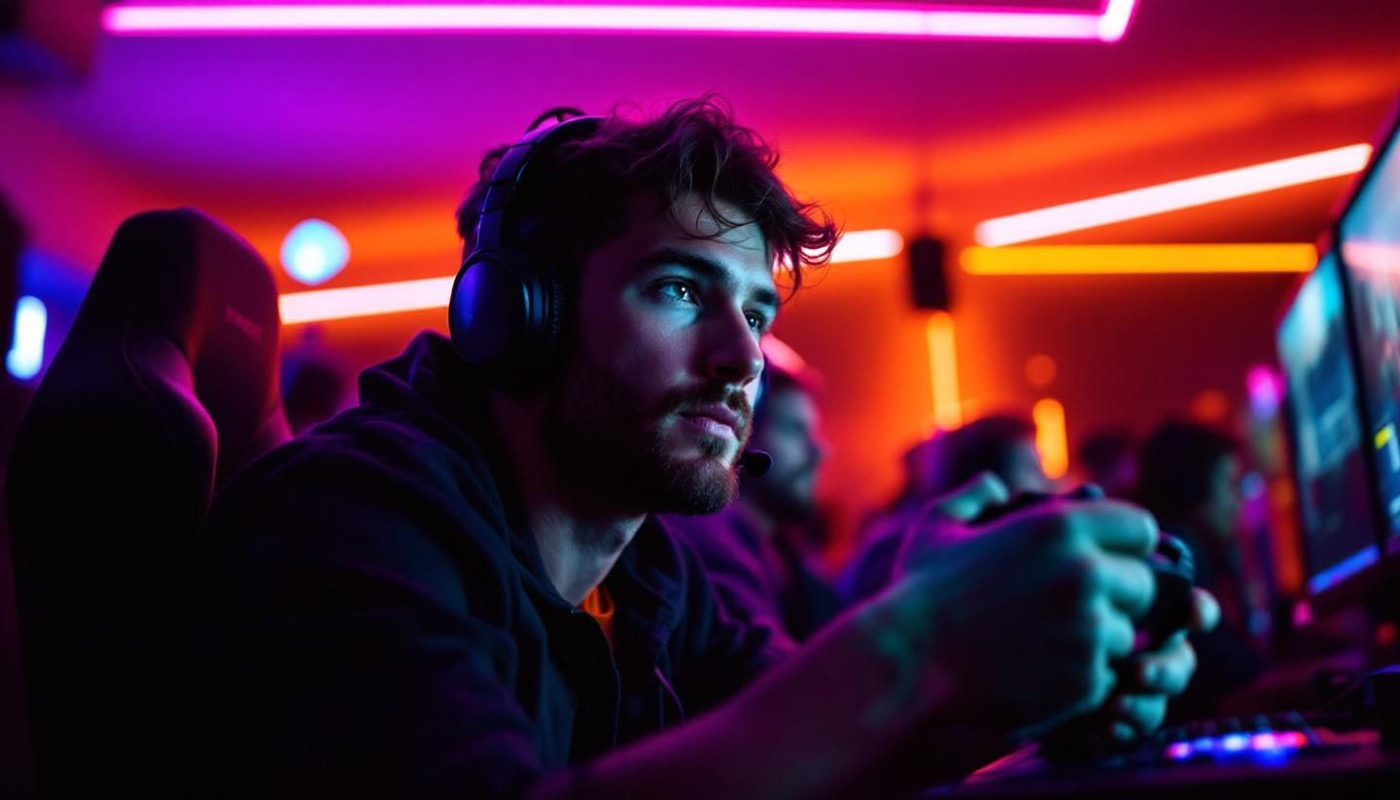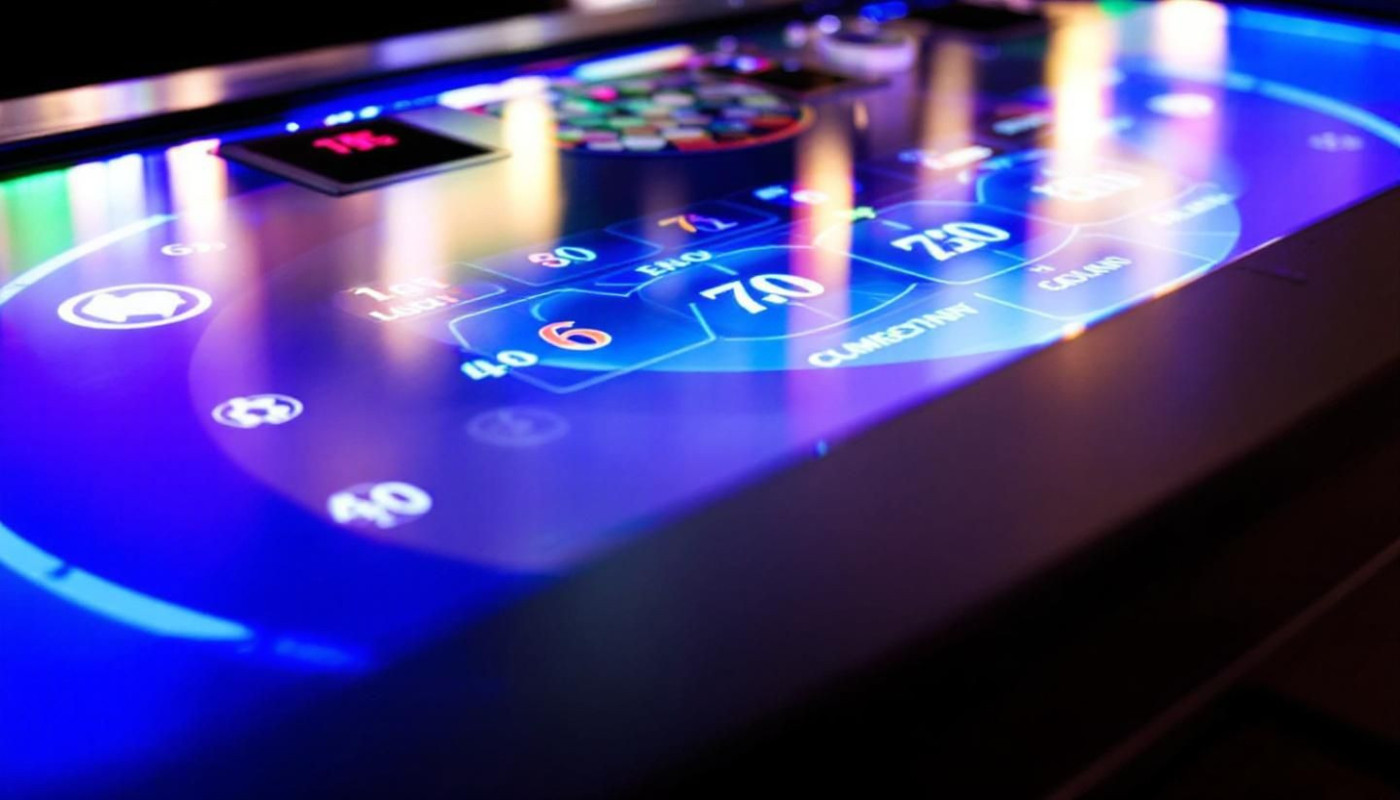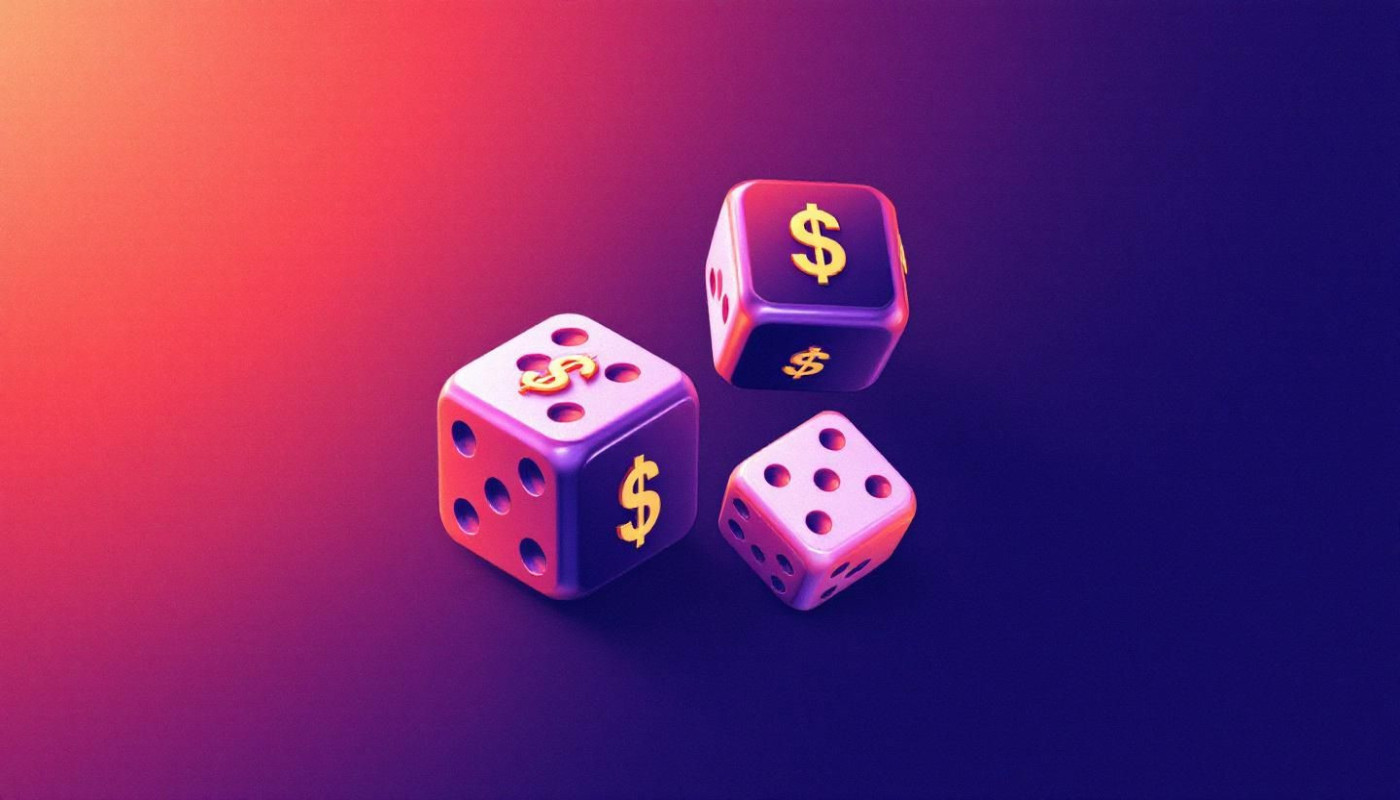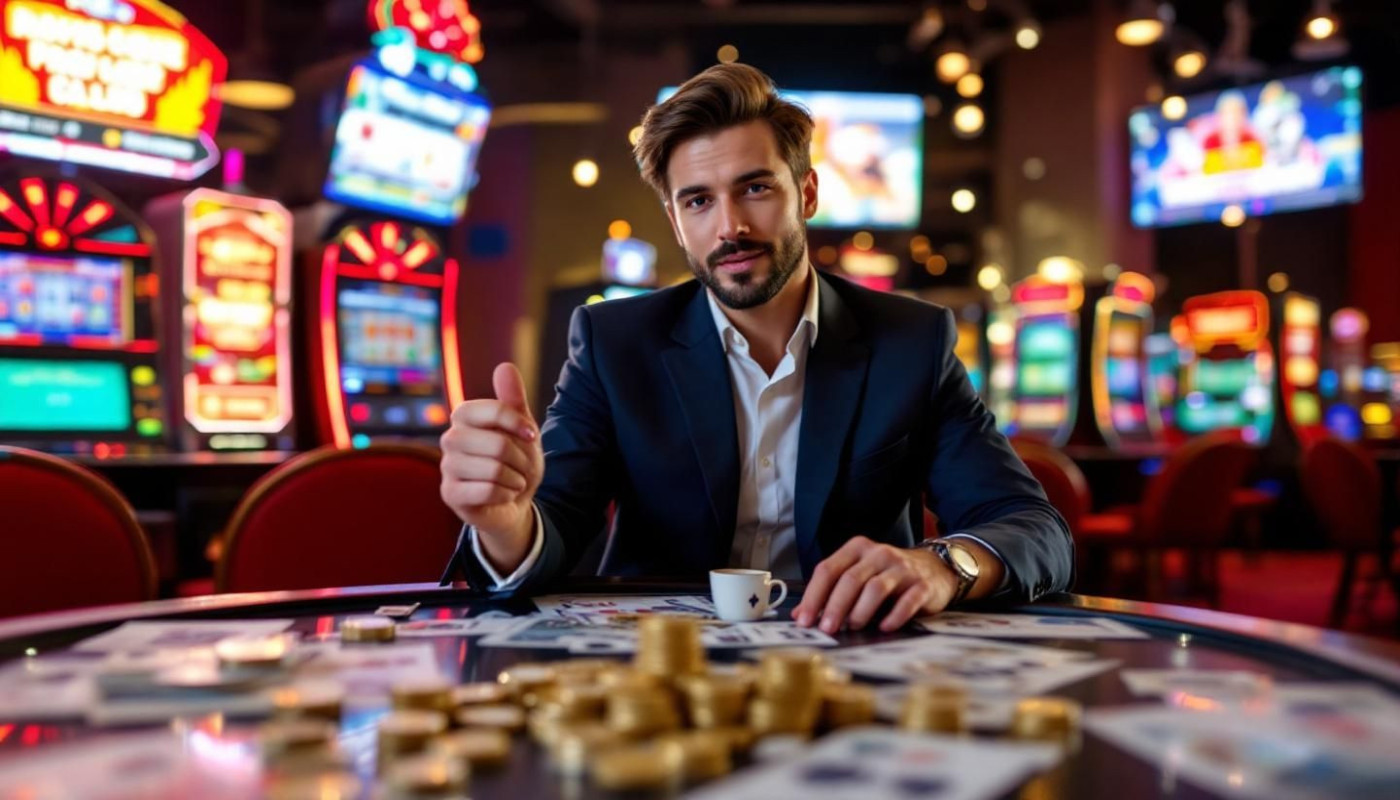Table of contents
The heart races, palms sweat, and the casino air is thick with anticipation. This isn't just another game; it's the penalty shootout, a crescendo of suspense and excitement that beckons players to test their nerve. But what is it about this pulse-pounding moment that captivates both players and onlookers alike? Beyond the flashing lights and the sound of chips clinking, there lies a deep psychological allure. Delving into the thrill of penalty shootout games at casinos offers a fascinating glimpse into human behavior and our attraction to risk and reward. This blog post will explore the psychology behind the suspense, the strategy, and the sheer adrenaline rush of these moments. Eager to understand why this particular casino game can cause such a stir? Read on to uncover the psychological intricacies that draw players back to the penalty spot, time and time again.
The Psychology of Risk and Reward
At the heart of many casino games excitement lies a compelling dance between risk and reward, a principle deeply rooted in the psychology of gambling. This delicate balance is what provides the thrill that draws players to games such as penalty shootout games in casinos. When a player decides to participate in a penalty game real money is at stake, offering a tangible risk that heightens the emotional stakes of the game. As they weigh their options, the potential for reward teases the brain, fueling a rush of adrenaline and anticipation.
The brain's response to this scenario is a release of dopamine, a neurotransmitter associated with pleasure and reward-seeking behavior. Dopamine gambling experiences are particularly intense due to the unpredictability of the outcome, which can create a variable-ratio reinforcement schedule. This means that rewards, or wins, are received at unpredictable intervals, and this unpredictability can lead to a significant increase in the excitement and compulsivity of the game. This mechanism explains why individuals continue to play despite the odds, often driven by the thrill of the chase rather than the outcome itself.
Understanding penalty shootout strategy can enhance one's gameplay, but it's the psychological journey of risk-taking and the hope for reward that truly captivates players. It's for this reason that penalty shootout games offer such a potent mix of tension, strategy, and the chance for a euphoric payoff, making them a staple in the repertoire of casino games.
Anticipation and the Build-Up to the Kick
The moments leading up to a penalty shootout in a casino setting encapsulate a unique blend of psychological elements that contribute to the overall excitement and allure of the game. This period of anticipation, a palpable emotional crescendo, significantly amplifies the psychological impact of the event. As the player stands poised to take the shot, there is a tangible escalation of casino game tension, almost thick enough to cut through. This tension is not merely a byproduct of the stakes at hand but also a meticulously crafted casino atmosphere that elevates the experience to new heights.
The sensory experience gambling enthusiasts encounter during this build-up is deliberately intensified by the casino environment. Bright lights, the clink of chips, and the murmur of the crowd coalesce into what could be termed sensory overload. This overstimulation is designed to sharpen the player's emotional response, making every heartbeat and breath an integral part of the anticipation in gaming. The emotional highs in casinos are strategically heightened at this juncture, as the player is engulfed in a cocoon of expectation, waiting for the moment of release when the ball is finally in play. The penalty shootout anticipation reaches its zenith, creating a memorable and adrenaline-fueled episode for both player and spectator alike.
Social Dynamics and Peer Influence
The atmosphere within casinos is electric, often accentuated by the collective anticipation and reactions of those gathered around games. The psychology behind penalty shootout games is deeply intertwined with these casino social dynamics. Players are not isolated; they are immersed in a communal setting where peer influence gambling plays a significant role. Enthusiastic cheers and groans from the crowd can lead to a heightened state of arousal, impacting a player’s risk-taking behavior and decision-making process. This phenomenon is known as group behavior casinos, where individuals are swayed by the collective emotion and actions of the crowd.
Furthermore, the concept of social validation gambling cannot be overlooked. Players may seek the approval and admiration of their peers, which can amplify the thrill of participating in penalty shootout games. The sense of belonging and affirmation that comes with successful gambles is a potent motivator. Communal excitement casino environments also contribute to this emotional rollercoaster. The shared tension before a decisive shot, followed by the explosive reaction regardless of the outcome, can be as addicting as the game itself.
Adding to these social pressures is the psychological mechanism known as group polarization, which suggests that the presence of others with similar tendencies can lead to more extreme decisions. In the high-stakes environment of casinos, this can translate to bolder bets and braver plays during penalty shootout games, further enhancing the overall thrill. Acknowledging the social influences at play is crucial for understanding why these moments are so charged with excitement and why players often return for the unique adrenaline rush they provide.
The Role of Skill Versus Chance
In the realm of casino gaming, the duel between skill and chance is a tantalizing dance that captivates players, and nowhere is this more evident than in penalty shootout games. The 'illusion of control' is a technical term that cognitive psychologists use to describe a phenomenon that frequently occurs in such games. It refers to the belief that a player can influence an outcome that is actually defined by chance. This perception of control can significantly bolster a player's confidence and amplify their willingness to take risks. A gambling analyst might point out that while the mechanics of a penalty shootout game are straightforward—score goals against the keeper—success is often attributed to player skill rather than random luck. As players perceive a higher degree of control over the game, their overall enjoyment of gambling often increases, which is fundamental to the allure of casino games.
Moreover, the balance of 'skill versus chance' can shape a gambler's behavior and decision-making. When engaging with a game where skill is perceived to play a part, such as in penalty shootouts, players often demonstrate heightened risk-taking, as their confidence in their abilities can overshadow the randomness of the outcome. The term 'perception of control gambling' encapsulates this interplay and its impact on the betting patterns of individuals. 'Casino risk-taking' becomes less daunting when players feel that their actions can influence the game, thus enhancing their overall experience. It is this fine blend of skill, chance, and the perceived mastery over them that makes penalty shootout games a source of immense 'enjoyment of gambling' for many casino patrons. 'Player confidence casino games' is a key driver in this dynamic, as a confident player is often a more engaged and satisfied one.
Coping with Loss and the Near-Miss Effect
The outcome of a penalty shootout game can elicit a range of emotions from the thrill of victory to the disappointment of defeat. A particularly interesting phenomenon that occurs within the realm of gambling is the near-miss effect. This term describes a situation where an outcome is so close to a win that it motivates the player to continue in the hope of future success. In the context of penalty shootout games, a ball striking the post or a save by the goalkeeper can trigger this effect, fostering a belief in players that they are 'almost there' and increasing the likelihood of continuation betting.
When coping with gambling loss, individuals may experience what is known as cognitive dissonance—the mental discomfort that arises from holding two conflicting beliefs or attitudes, especially after making a decision. This can lead to a self-justification of the gamble or a modification of beliefs about their gambling behavior. Strategies to manage the sting of gambling disappointment may include setting strict loss limits, focusing on the entertainment value rather than financial outcomes, and seeking social support from peers or professionals.
Understandably, the intensity of a penalty shootout loss can have a profound impact on a player's emotional state. Some gamblers may step away and assess their strategies, while others might fall back into the game, driven by the desire to rectify the loss. Behavioral psychologists and mental health counselors specializing in gambling addiction emphasize the necessity of developing healthy coping mechanisms. These can range from engaging in alternative activities that provide a sense of achievement to practicing mindfulness and other stress-reduction techniques.
In the end, understanding and mitigating the effects of a near-miss in gambling can be vital in promoting responsible gaming behaviors. Knowledge of these psychological underpinnings is key, not only for players but for casino operators who are tasked with creating a safe and fair gaming environment.
On the same subject




























